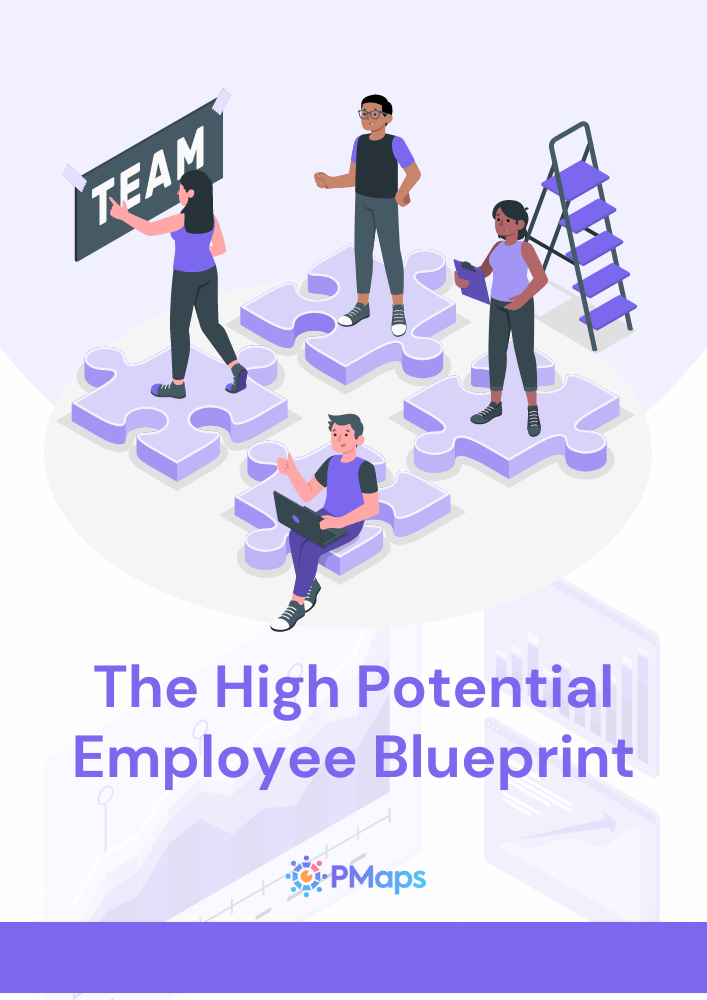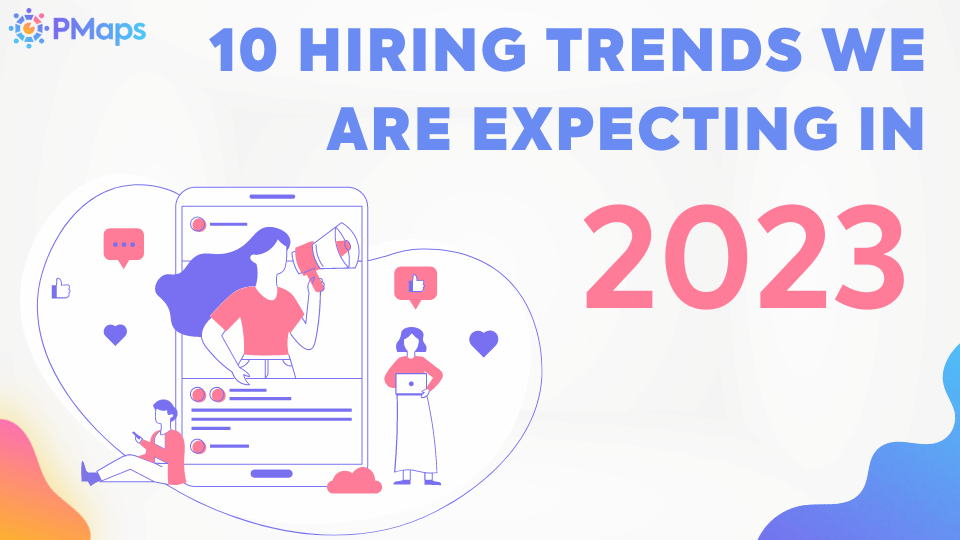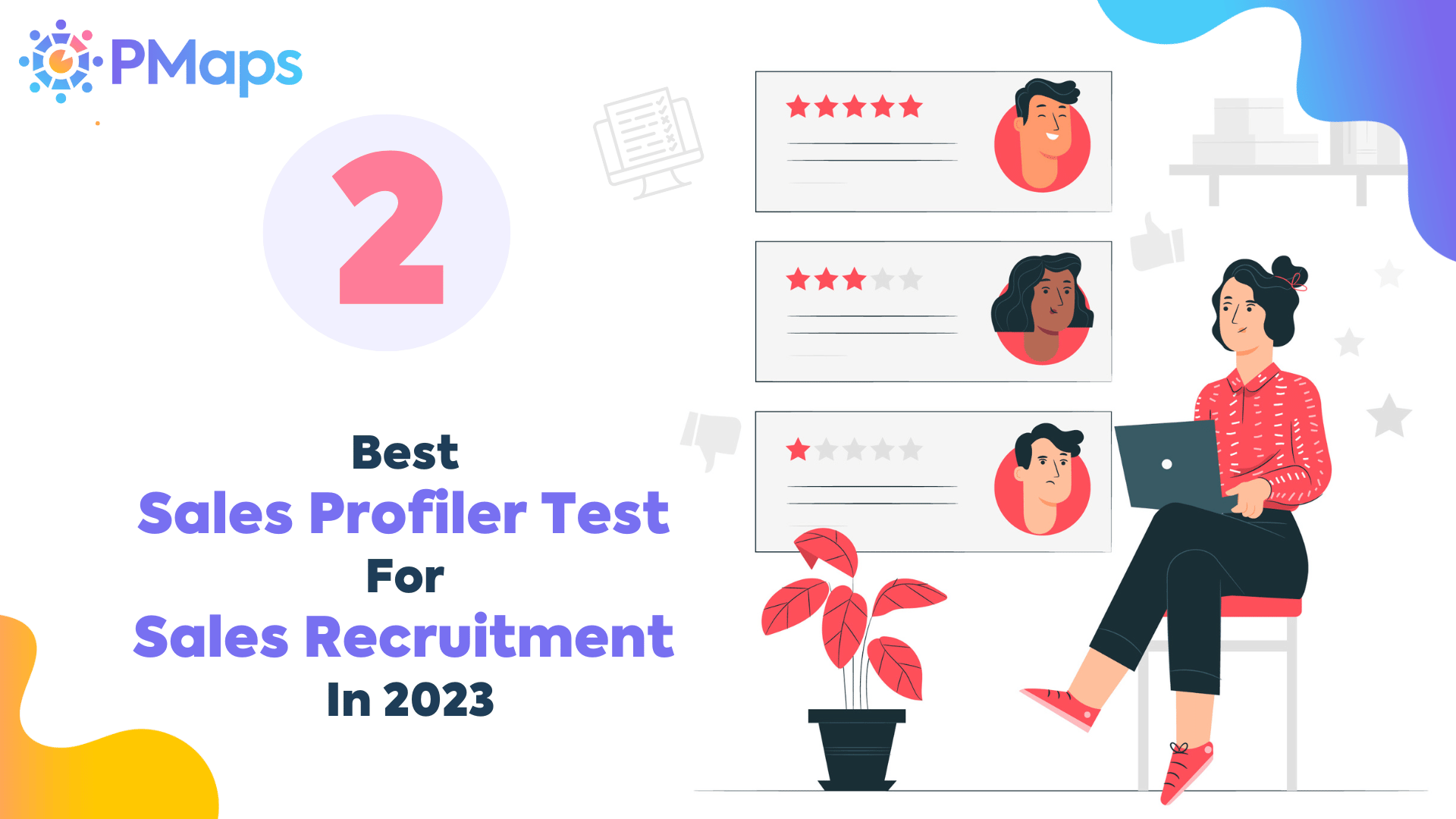
Introduction:
Creating an inclusive workplace that values talent is a commendable goal. In this blog, we'll delve into the key elements of crafting a future for organizations that centers on inclusivity and talent.
Inclusion at work means everyone, regardless of their background, is respected and has equal opportunities. It fosters a sense of belonging and brings together diverse perspectives. Talent-focused organizations recognize that skills and abilities matter most, regardless of who you are.
To achieve this, companies can implement fair hiring practices, offer training and support, and encourage open communication. They should value differences and promote teamwork. By doing so, we can create workplaces where everyone thrives, and the organization benefits from a rich pool of talents.
This journey towards inclusivity and talent-driven success is within reach, and by exploring these critical aspects, we can move closer to that reality.
The Imperative of Inclusivity:
Inclusivity isn't just a trendy word or a checkbox on a corporate to-do list; it's a fundamental need for organizations in our diverse world. Being inclusive offers more than just warm feelings; it brings real benefits like greater creativity, innovation, and productivity.
Imagine this: in an inclusive workplace, people with different backgrounds and experiences work together smoothly. They share their unique insights, which leads to fresh ideas and helps the organization succeed. On the flip side, places that are biased or exclusive miss out on the talents of those they don't welcome.
In simple terms, inclusivity means welcoming and valuing everyone, no matter where they come from or who they are. This not only makes people feel good but also helps organizations perform better. It's like having a team with a wide range of skills and talents, ready to tackle any challenge.
Breaking Down the Barriers:
To make a workplace inclusive, we need to find and break down the things that keep biases going. One tricky barrier is something called the Fundamental Attribution Error (FAE). It's a mistake we make by focusing too much on a person's traits and not enough on the situation they're in.
This mistake messes up our judgment and stops us from being inclusive. Inclusive companies know that biases like the FAE are problems to tackle, not ignore.
They do practical things to deal with these biases. They use fair assessments, have a mix of people in hiring groups, and give training to help everyone see and understand these biases better. This way, they make sure that everyone gets a fair shot, no matter who they are.
So, to have an inclusive workplace, we need to spot and break down the barriers that keep biases alive. The FAE is one tricky barrier, but with the right steps, we can overcome it and create a fair and inclusive place to work.
Objective Assessments:
In making a workplace inclusive, a vital tactic is using fair evaluations. Traditional assessments can be biased because they depend on personal opinions. But there's a better way: technology-driven assessments, like the ones from PMaps. These give a fair look at candidates.
These fair evaluations only consider skills and abilities. They don't care about personal biases or making quick judgments. Also, they don't care about what language you speak, so it doesn't affect your chances.
In simple terms, these objective assessments help make sure everyone gets a fair shot, no matter who they are. They focus only on what you can do, which is how it should be in a fair and inclusive workplace.
Diverse Decision-Making Teams:
Inclusion begins at the decision-making table. Organizations committed to inclusivity encourage diversity not just in their workforce but also in their leadership and decision-making teams. Diverse perspectives challenge groupthink, leading to more thoughtful, well-rounded decisions.
Imagine a hiring panel composed of individuals from different backgrounds and experiences, each bringing a unique viewpoint. They are less likely to succumb to biases like the FAE and more likely to recognize and appreciate the talent that transcends stereotypes.
Also Read What is Diversity And Inclusion in the Workplace
Fostering Awareness:
Inclusion requires consistent effort on an ongoing basis. Organizations should invest in training and awareness programs to educate their workers about biases, including the FAE. These programs empower employees to recognize and address biases in themselves and their colleagues.
Awareness extends beyond the workplace as well. Inclusive organizations actively engage with diverse communities, fostering an environment of acceptance and support both internally and externally.
A Talent-Driven Future:
A talent-driven future is one in which organizations look beyond surface judgments. It's a future where FAEs are relics of the past, replaced by objective assessments that recognize candidates' true potential.
In this future, employees are valued not for their conformity to stereotypes but for their unique abilities and perspectives. Innovation thrives, and organizations become beacons of diversity, drawing talent from all corners of the globe.
Conclusion:
Creating an inclusive, talent-driven future isn't just a moral imperative; it's a strategic advantage. Inclusive organizations are better positioned to navigate the complexities of the modern world, tap into diverse talent pools, and drive innovation.
At PMaps, we stand as champions of inclusivity, offering objective assessments that empower organizations to embrace talent, free from biases like the FAE. It's a journey we invite you to embark on—a journey toward a future where talent reigns supreme, and inclusivity is the norm.
Ready to join us on this journey? Contact us today to book a demo and take the first step towards an inclusive and talent-driven future. Find out how PMaps' blind assessments can help you build a diverse and talented workforce by contacting me at ssawant@pmaps.in / 8591320212.









